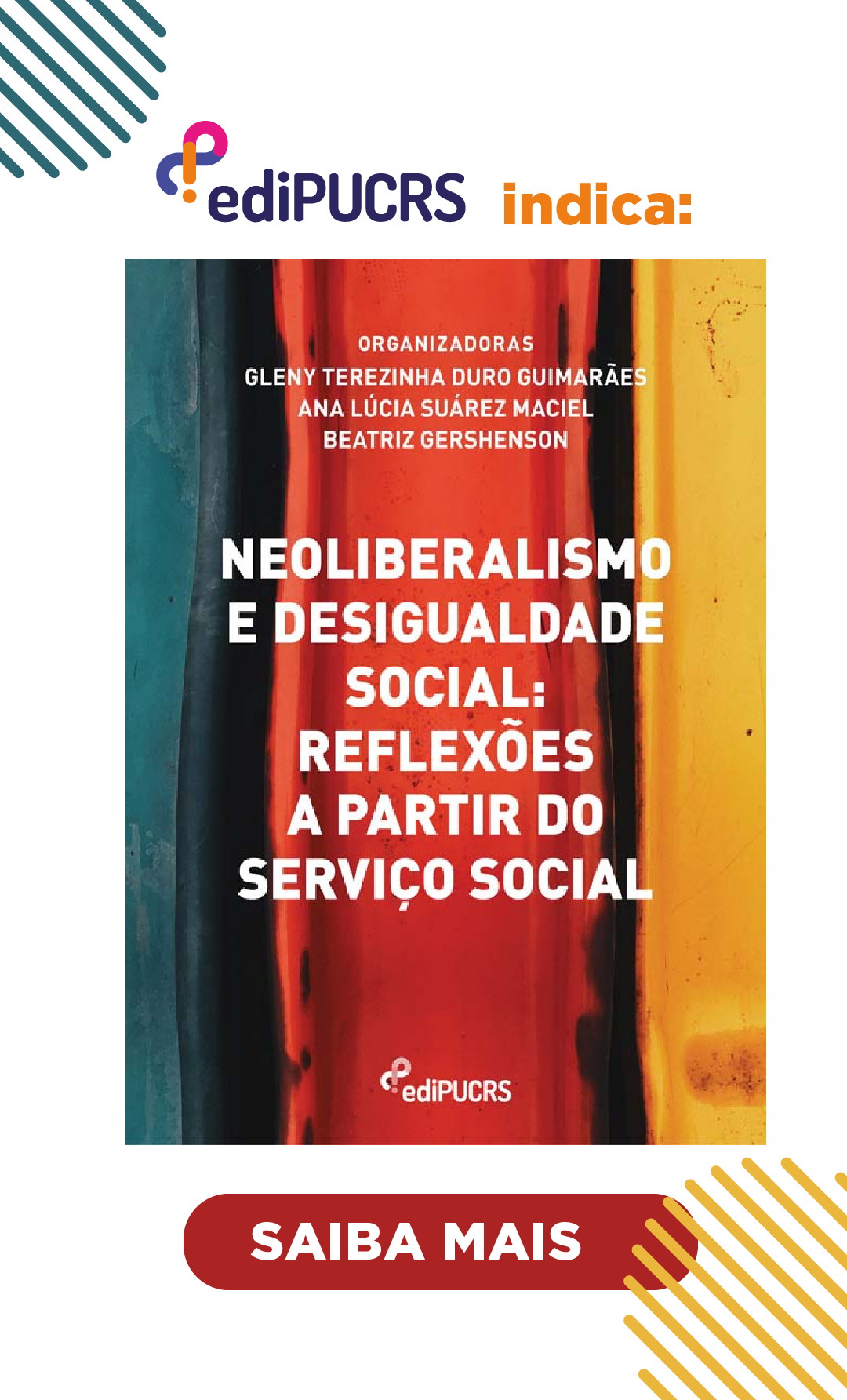Popular solidarity economy: alternative for geration of income and work and a challenge for Social Work professionals
Abstract
The process of productive reestruction has produced changes in the contemporary society, in consequence of the transformations occurred us trials and relations in the work area. The productive reestruction in Brazil, brought as main characteristics the reduction of the demand by labor, at the same time in that required bigger qualification and intensified the exploitation of the workforce, increasing the manifestations social issue, the object worked by the social worker. In order to attend the demands not supplied by the capitalist system, are develop by the entire world, experiences that are going to break with the capitalist logic, giving rise to other forms of output and organization of the work. The undertakings of Solidary Popular Economy are born of this context of transformations, as alternative forms of generation of work and yield made possible by the individuals excluded of the formal market of work. Jointly with the basic needs of survival, the values of solidarity, mutual help, cooperation, are present and are part of the social relations between these individuals, guiding its actions. Beyond making possible the guarantee of the subsistence of the popular classes that, in their majority, finds-itself in situation of social vulnerability, these undertakings configure themselves as a field of promising work and privileged to the social workers committed with the interests and needs of the popular classes.Key words – Productive reestruction. Work. Solidary popular economy.
Downloads
Downloads
Published
How to Cite
Issue
Section
License
Copyright
The submission of originals to Textos & Contextos (Porto Alegre) implies the transfer by the authors of the right for publication. Authors retain copyright and grant the journal right of first publication. If the authors wish to include the same data into another publication, they must cite Textos & Contextos (Porto Alegre) as the site of original publication.
Creative Commons License
Except where otherwise specified, material published in this journal is licensed under a Creative Commons Attribution 4.0 International license, which allows unrestricted use, distribution and reproduction in any medium, provided the original publication is correctly cited.





